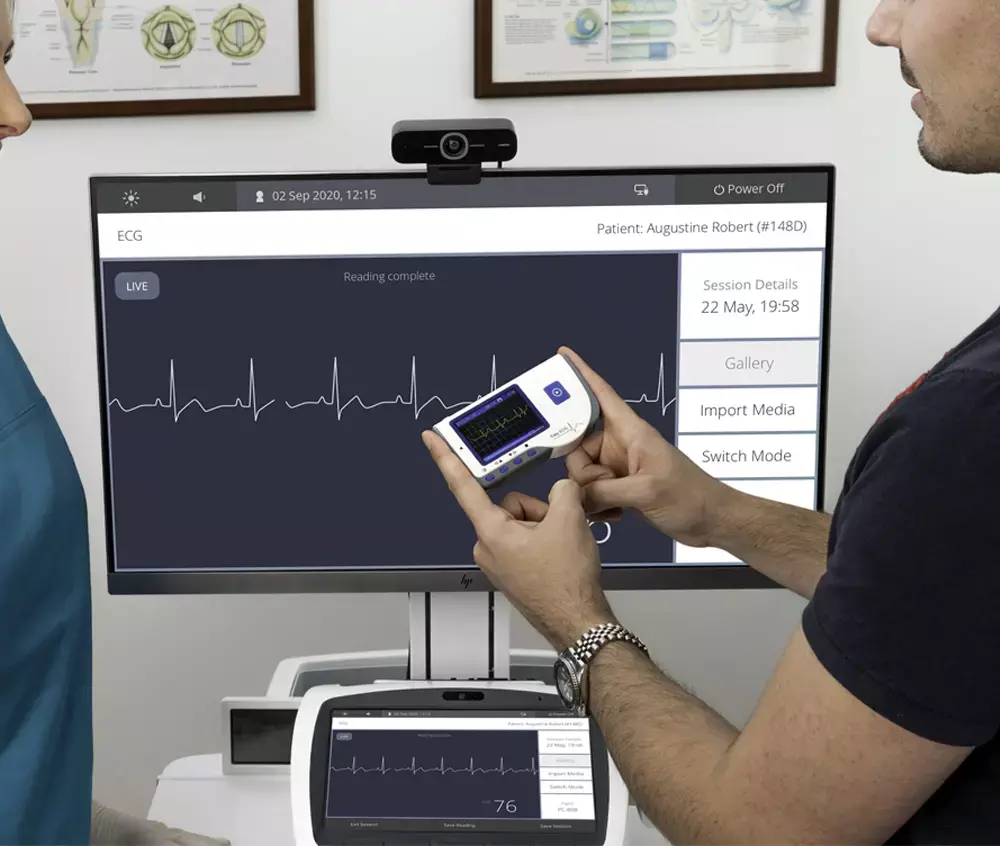- Home
- Medical news & Guidelines
- Anesthesiology
- Cardiology and CTVS
- Critical Care
- Dentistry
- Dermatology
- Diabetes and Endocrinology
- ENT
- Gastroenterology
- Medicine
- Nephrology
- Neurology
- Obstretics-Gynaecology
- Oncology
- Ophthalmology
- Orthopaedics
- Pediatrics-Neonatology
- Psychiatry
- Pulmonology
- Radiology
- Surgery
- Urology
- Laboratory Medicine
- Diet
- Nursing
- Paramedical
- Physiotherapy
- Health news
- Fact Check
- Bone Health Fact Check
- Brain Health Fact Check
- Cancer Related Fact Check
- Child Care Fact Check
- Dental and oral health fact check
- Diabetes and metabolic health fact check
- Diet and Nutrition Fact Check
- Eye and ENT Care Fact Check
- Fitness fact check
- Gut health fact check
- Heart health fact check
- Kidney health fact check
- Medical education fact check
- Men's health fact check
- Respiratory fact check
- Skin and hair care fact check
- Vaccine and Immunization fact check
- Women's health fact check
- AYUSH
- State News
- Andaman and Nicobar Islands
- Andhra Pradesh
- Arunachal Pradesh
- Assam
- Bihar
- Chandigarh
- Chattisgarh
- Dadra and Nagar Haveli
- Daman and Diu
- Delhi
- Goa
- Gujarat
- Haryana
- Himachal Pradesh
- Jammu & Kashmir
- Jharkhand
- Karnataka
- Kerala
- Ladakh
- Lakshadweep
- Madhya Pradesh
- Maharashtra
- Manipur
- Meghalaya
- Mizoram
- Nagaland
- Odisha
- Puducherry
- Punjab
- Rajasthan
- Sikkim
- Tamil Nadu
- Telangana
- Tripura
- Uttar Pradesh
- Uttrakhand
- West Bengal
- Medical Education
- Industry
Handheld ECG Might Help to Diagnose Atrial Fibrillation in Elderly Patients

Atrial fibrillation (AF) is a leading cause of stroke. Oral anticoagulation is effective for preventing strokes in patients with AF. However, AF may be asymptomatic and first diagnosed at the time of stroke. Screening may enable earlier diagnosis of AF and implementation of oral anticoagulation to prevent strokes.
In a recent study, researchers have reported that the use of handheld single-lead electrocardiogram (ECG) did not increase diagnoses of AF overall in patients aged 65 and older. The study findings were published in the journal Circulation on March 02, 2022.
Studies addressing the effectiveness of point-of-care screening for detecting undiagnosed AF have produced varying results and are limited. Also, existing practice guidelines offer conflicting recommendations for AF screening. To further explore, Dr Steven A. Lubitz and his team tested whether point-of-care screening with a handheld single-lead electrocardiogram (ECG) at primary care practice visits increases diagnoses of AF.
The VITAL-AF study is a randomized control study in which the researchers included a total of 30,715 patients and randomly assigned them AF screening using a handheld single-lead ECG (AliveCor KardiaMobile) during vital sign assessments (n=15,393 screening [91% screened]) or usual care (n=15,322). All confirmatory diagnostic testing and treatment decisions were made by the primary care clinician. The researchers assessed new AF diagnoses over one-year follow-up electronically and manually. They calculated proportions and incidence rates and assessed the heterogeneity effect.
Key findings of the study:
- Among 30,715 patients without prevalent AF, the researchers noted that 1.72% of individuals in the screening group had new AF diagnosed at one year versus 1.59% in the control group (risk difference [RD] 0.13%).
- In prespecified subgroup analyses, they noted that new AF diagnoses in the screening and control groups were greater among those aged ≥85 years (5.56% versus 3.76%, respectively, RD 1.80%).
- They observed that the difference in newly diagnosed AF between the screening period and the prior year was marginally greater in the screening versus the control group (0.32% versus -0.12%, RD 0.43%).
- They reported that the proportion of individuals with newly diagnosed AF who were initiated on oral anticoagulants was not different in the screening (n=194, 73.5%) and control (n=172, 70.8%) arms (RD 2.7%).
The authors concluded, "Point-of-care screening for AF using a single lead handheld ECG in primary care patients is feasible at scale but does not lead to increased AF detection among all individuals aged 65 years or older. In contrast to some existing guidelines, our findings raise uncertainty about the use of single-lead ECGs to opportunistically screen individuals aged at least 65 years of age for AF in primary care settings."
They further added, "Our results suggest that point-of-care screening for AF may be clinically effective among those with advanced age but this secondary result warrants further evaluation."
For further information:
DOI: https://doi.org/10.1161/CIRCULATIONAHA.121.057014
Keywords:
atrial fibrillation, VITAL-AF Study, Point-of-care, Screening Method, Elderly Patients, journal Circulation, single lead electrocardiogram, Handheld ECG, undiagnosed AF.
Medical Dialogues Bureau consists of a team of passionate medical/scientific writers, led by doctors and healthcare researchers. Our team efforts to bring you updated and timely news about the important happenings of the medical and healthcare sector. Our editorial team can be reached at editorial@medicaldialogues.in.
Dr Kamal Kant Kohli-MBBS, DTCD- a chest specialist with more than 30 years of practice and a flair for writing clinical articles, Dr Kamal Kant Kohli joined Medical Dialogues as a Chief Editor of Medical News. Besides writing articles, as an editor, he proofreads and verifies all the medical content published on Medical Dialogues including those coming from journals, studies,medical conferences,guidelines etc. Email: drkohli@medicaldialogues.in. Contact no. 011-43720751


